Oral antiseptics and their role are highlighted as allies in the prevention of periodontal diseases
· Limited knowledge among oral health teams of the recommendations and evidence currently available on oral antiseptics (that are clinically proven to be effective) reduces their implementation; therefore, more practical and simple advice is proposed.
· Preventing and promoting periodontal health among the general public may not only reduce the growing burden of gum disease but may also improve oral health equality and promote public health.
· Antiseptic agents included in some mouthwashes offer significant complementary benefits in removing dental plaque and reducing gingival inflammation.
· For patients with periodontitis following a periodontal maintenance program (once active treatment is completed) and who present inflammation or bleeding at more than 10% of sites, specific antiseptic agents may help prevent recurrence.
· This meeting is part of the "Principles for Oral Health" initiative stemming from a global agreement between the SEPA Foundation and Listerine®, aiming to provide oral health professionals with access to the latest fundamentals and knowledge in preventing periodontal diseases.
Prioritizing the prevention and treatment of periodontal diseases and promoting periodontal health is essential for improving overall health outcomes, preserving natural teeth, reducing healthcare costs, enhancing quality of life, and promoting public health. This was highlighted at an International Summit of Experts held at the Casa de las Encías in Madrid, Spain, the headquarters of the SEPA Foundation. The summit combined current knowledge and thoroughly analyzed the scientific literature and prevailing international guidelines to clarify the role of certain mouthwashes in oral hygiene, gingivitis treatment, and periodontitis prevention.
"Periodontal diseases are prevalent worldwide, affecting hundreds of millions of people," says the meeting coordinator, Dr. Paula Matesanz, vice president of SEPA. She acknowledges that "focusing on prevention and promoting periodontal treatment among the general public allows us to reduce the burden of this disease, improve equality in oral health, and promote overall public health. And to achieve this ambitious objective, there are effective and safe resources that are still currently underutilized."
Oral antiseptics, generally antimicrobial mouthwashes or rinses, can play a key role in preventing periodontal diseases and their recurrence, given their ability to reduce dental biofilm formation. Depending on their active ingredients, as revealed by an analysis of the scientific literature, they can help reduce bacterial load, complement daily oral hygiene practices, reduce plaque and inflammation rates, or even be incorporated as additional resources in periodontal maintenance programs, helping preserve periodontal health and supporting the long-term success of periodontal treatment.
Hence the need to make clinical practice guidelines, developed by the European Federation of Periodontology and adapted by SEPA for use in Spain, accessible to oral health professionals, physicians, pharmacists, patients, and the general population. "So that scientific knowledge is more accessible and capable of improving health," says Dr. Matesanz.
This demonstrates the significance of this meeting of experts, both in terms of the qualifications and prestige of its participants and of the need for dental professionals to have practical, simple, and easy-to-follow recommendations on the use of oral antiseptics, which, as the SEPA vice president highlights, "do not replace tooth brushing but can be valuable additions to support periodontal health."
Evidence and Expert Opinions
Currently available scientific and clinical evidence, systematic reviews of studies, and reference guides for dental professionals support the effectiveness and value of antiseptics as complements to daily oral hygiene. Their use can be considered within the prevention and treatment procedures for periodontal diseases. The Clinical Practice Guidelines for the treatment of periodontitis in stages I–III and the conclusions of the XI Periodontology Workshop of the European Federation of Periodontology provide recommendations and indications for the use of these resources. However, these recommendations may sometimes be complex for the oral health team, limiting their use.
Scientific information supporting the impact of certain mouthwashes and toothpastes with antiseptic formulations has been available for decades and is part of dental education. However, as Dr. David Herrera, trustee of the SEPA Foundation and co-director of the Etiology and Therapeutics of Periodontal Diseases Research Group (ETEP) at the Complutense University of Madrid (UCM), points out, "scientific information is often mixed with less reliable sources, inducing confusion among oral health professionals."
The Clinical Practice Guidelines for the Treatment of Periodontitis in Stages I–III, developed by the European Federation of Periodontology, translated into numerous languages and adapted for use in many countried around the world, is one of the main sources of information and guidance on the prevention and management of periodontitis. In this case, as detailed by Dr. Iain Chapple, professor of periodontology and head of research at the Institute of Clinical Sciences of the University of Birmingham in the United Kingdom, "the evidence from systematic reviews on the adjunctive use of oral antiseptics was strong, but due to cost implications, environmental factors, and the presence of alcohol in many mouthwashes, the consensus was to reduce the recommendation from strongly favorable to an 'open' recommendation," an aspect that this meeting of experts has sought to clarify and overcome through a soon-to-be-released report that is expected to be widely disseminated and implemented globally
Primary and Secondary Prevention
Some antimicrobial mouthwashes have been shown to be effective in controlling dental biofilm and gingival inflammation in many studies, including numerous randomized clinical trials. However, it is essential to understand their impact on the primary prevention of periodontal diseases (preventing their appearance) and on secondary prevention (reducing the risk of recurrence after treatment of periodontitis).
A crucial aspect discussed by attendees at this summit is the need to focus attention on the prevention of periodontitis and, therefore, adequately treat gingivitis (a previous stage of the disease characterized by inflammation and bleeding of the gums without affecting the alveolar bone and periodontium tissues). As Dr. Iain Chapple summarizes, "It is time for a paradigm shift: we must control gingivitis and not wait until periodontitis develops."
Multiple economic and health factors invite us to implement this change. It has been determined that eliminating gingivitis, thus preventing the progression to periodontitis, would save considerable costs over a 10-year period compared to "business as usual" (for example, about €36 billion in Italy, about €7.8 billion in the Netherlands), and the return on investment is enormous (from €15.2 billion in Italy to €57.5 billion in Germany). Furthermore, recent research reveals that periodontitis has systemic effects on health.
The primary procedure for managing gingivitis and periodontitis is mechanical plaque removal. However, it may not be possible to remove 100% of the biofilm, and for some people at high risk for periodontal disease, their plaque accumulation threshold is extremely low. "Sometimes it is not realistic for high-risk individuals to remove enough plaque daily to remain periodontally healthy," says Dr. Chapple.
Dr. Filippo Graziani, professor of periodontology at the University of Pisa (Italy) and honorary professor at University College London (United Kingdom), emphasizes, "There is no doubt that mechanical plaque control, through tooth brushing, is the cornerstone of oral health. However, it requires proper technique and consistent daily motivation." He further explains, "Lack of technique is a significant factor, which is why we recommend the complementary use of mouthwash." According to Prof. Graziani, "mouthwash is easier to use than brushing and can reach even the most difficult-to-access areas." Thus, he concludes, "For those who lack manual dexterity or have lost it, mouthwashes can supplement oral hygiene routines."
Over the past five years, the European Federation of Periodontology (EFP) has endorsed systematic reviews (Serrano et al., 2015; Figuero et al., 2020) showing that while mechanical plaque control by patients remains fundamental to successful periodontal treatment, antiseptic agents, including certain mouthwashes, may be more effective than toothpaste in plaque removal and reducing gingival inflammation. Recently, Prof. Graziani's research group published the results of a large randomized clinical trial, revealing that the primary factor in resolving gingivitis is a high level of plaque control and the use of appropriate devices. Hence, according to him, "mouthwashes are not only effective for their antiplaque properties but also for their ability to modulate inflammation."
The experts gathered in this forum have also shared the possibilities of antiseptics in patients undergoing supportive periodontal care, meaning those who have received periodontal treatment and in whom secondary prevention aims to prevent recurrence of periodontitis. "One of the main components of this prevention is the control of supragingival biofilm, based fundamentally on mechanical control" (interdental tooth brushing, etc.), points out Dr. David Herrera, who indicates that "for those patients with more than 10% bleeding, additional measures can be considered, including the use of antiseptics.”
Growing Impact of Periodontal Diseases
The current socioeconomic impact of periodontitis is enormous, and its prevalence and incidence are strongly related to health inequalities. "The most disadvantaged are the most exposed: a low level of education is associated with an 86% higher risk of periodontitis," reports Dr. Chapple. This was highlighted in the 2021 Economist Impact White Paper "Time to take gum disease seriously," which highlighted how periodontal care was simply unaffordable for many people and identified important problems with access to basic oral health resources. There are 4 million oral health professionals worldwide, of which about 2.5 million are dentists. Around 80% of these dentists work in upper- or upper-middle-income countries, while only 1.4% practice in low-income countries.
A Fruitful Alliance
Hence the importance of this meeting, the result of the collaboration between Kenvue and Sepa, which is building a global strategic alliance "that aims to create a synergy that, ultimately, will benefit patients," says Soha Dattani, Director and Head of Scientific Engagement, Listerine® Oral Care, EMEA. The purpose is to improve the dissemination of relevant scientific information to dental health professionals on the prevention of periodontal diseases.
"Bringing together this illustrious group of global experts to analyze the scientific literature, guidelines, and share their extensive clinical and research experiences is of vital importance to address the existing challenges in periodontal care," highlights Dattani, who is "very satisfied that LISTERINE® and SEPA have established this important and ambitious initiative called ‘Principles for Oral Health’". In her opinion, "this collaboration represents an important step to educate and train oral health professionals so that they receive optimal support to help their patients on their journey towards periodontal health."
In developing this initiative, we work with the objective of putting science at the service of dentistry, and more specifically, at the service of prevention. "The idea is to create clear educational content and materials that help dental professionals understand the true added value of using antiseptics in the prevention and management of periodontal diseases at different stages of periodontal health and disease, which means understanding how these products can contribute to the general public with good periodontal health, gingivitis, or periodontitis (whether treated or not),” concludes Dr. Paula Matesanz.
Bibliography
1. Sanz M, et al. Treatment of stage I-III periodontitis-The EFP S3 level clinical practice guideline. J Clin Periodontol 2020 Jul;47 (Suppl 22):4-60 (version adapted by SEPA available in
https://portal.guiasalud.es/gpc/periodontitis)
2. Herrera D, et al. Treatment of stage IV periodontitis: The EFP S3 level clinical practice guideline. J Clin Periodontol 2022 Jun:49 Suppl 24:4-71 (version adapted by SEPA available at https://portal.guiasalud.es/gpc/tratamiento-periodontitis-estadio-iv)
3. Chapple I, Time to take gum disease seriously. British Dental Journal 2022; volume 232, pages 360–361
4. Serrano J, et al. Efficacy of adjunctive anti-plaque chemical agents in managing gingivitis: a systematic review and meta-analysis. J Clin Periodontol 2015 Apr:42 Suppl 16:S106-38
5. Figuero E, et al. Efficacy of adjunctive anti-plaque chemical agents in managing gingivitis: A systematic review and network meta-analyses. J Clin Periodontol 2019 Jul;46(7):723-739


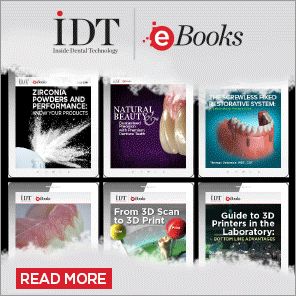
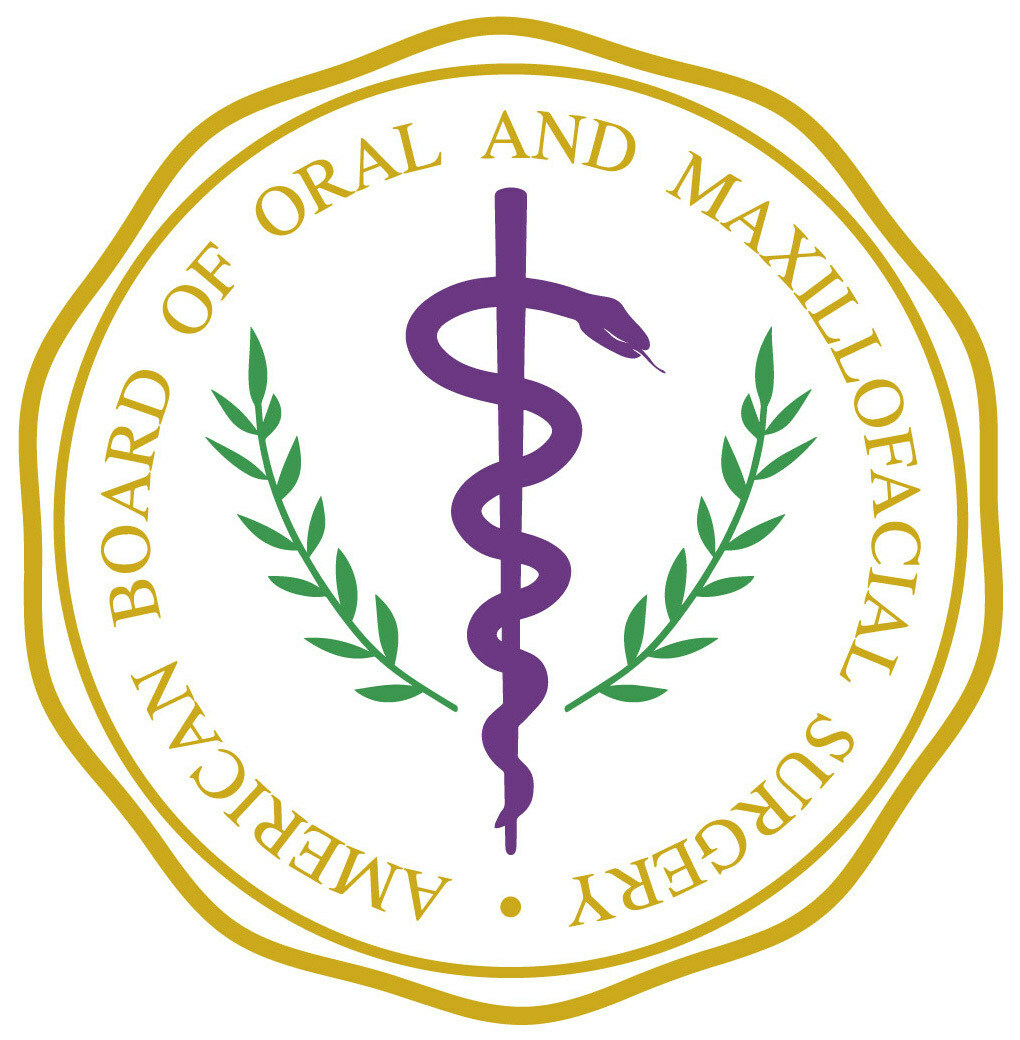 The Executive Board and Diplomates of the American Board of Oral and Maxillofacial Surgery (ABOMS) recognize Head and Neck Cancer Awareness Month in April. Many ABOMS Diplomates are experts in head and neck cancer, which account for about 4 percent of cancer cases in the United States. They see this month as an opportunity to educate the public.
The Executive Board and Diplomates of the American Board of Oral and Maxillofacial Surgery (ABOMS) recognize Head and Neck Cancer Awareness Month in April. Many ABOMS Diplomates are experts in head and neck cancer, which account for about 4 percent of cancer cases in the United States. They see this month as an opportunity to educate the public.


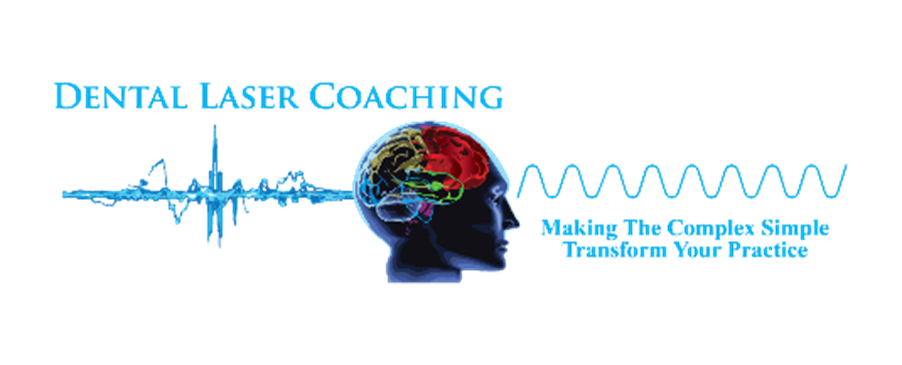 As the landscape of laser dentistry continues to evolve,
As the landscape of laser dentistry continues to evolve, 
 Medit (
Medit (
